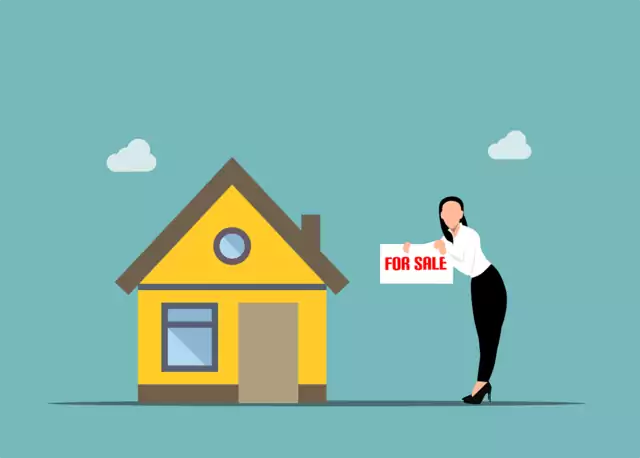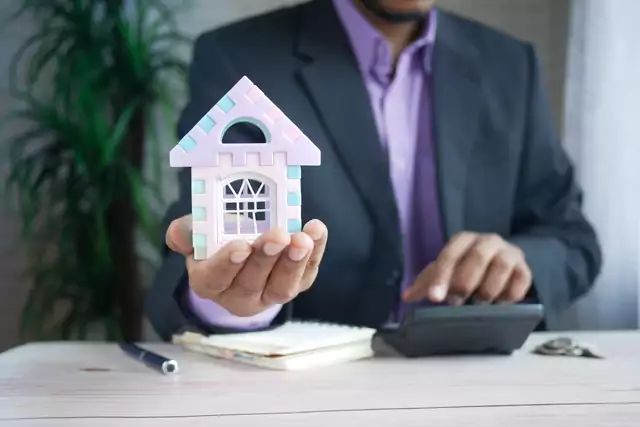Are you in the market to buy your very own dream home? Well if so, then a) congratulations are in order and b) the good news is that in Japan, both Japanese and non-Japanese residents are eligible to buy and build so long as the meet the necessary requirements.

Budget
Buying and owning your own home is often seen as a milestone of adulthood and for good reason – real estate is an expensive commodity and a pricey investment; and thus, is nothing something to take lightly.
To help minimize any potential financial fallout, any real estate transactions conducted by the buyer, seller, and broker are protected by law; so first time home buyers and owners can breathe a little easier.
What may bring about some worry and anxiety is the budget you’ll have to calculate and assign to your new home. When purchasing a home in Japan, you’ll have to ensure that your budget can cover the following expenses:
- Documentary stamp tax necessary for the sales contract
- 10~20% (depending on agreement with broker or seller) down payment of the total sales price
- Documentary stamp tax for the loan contract
- Separate costs for acquiring a bank loan (bank commission, guarantor commission, fire insurance)
- Settlement money on a pro-rate basis, which can include fixed asset taxes, city planning taxes, and management and repair fee taxes
- Membership fee for the Neighborhood Association
- Broker commission (can include around 3% of the sales price and consumption tax)
- Registry license tax to register ownership transfer or mortgage on a property
- Legal scrivener’s commission fee, which you’ll have to obtain services for to assist in conducting ownership transfer and other necessary registrations
- Real estate acquisition tax, which is tax you pay upon purchase of a property
Obviously, this is not an exhaustive list and there may be more expenses depending on your personal situation.

Property Agent
The best and most efficient way to go about purchasing a home in Japan is to go through a real estate broker or property agent (like Village House, which specializes in low-cost rental properties) as they can assist you in finding properties based on your needs and preferences.
Using a property agent will also help home buyers navigate through any real estate jargon into simple, easy-to-understand layman’s terms and make property listings clear and easy to read.
In order to ensure you go with the best property agent for you, be sure to check the agent or company’s ratings and reviews, get referrals from past clients, request for a small interview etc. so that you can cover all your bases.
House Viewing
The process to view a property you’re interested in will depend on the property agent or organization, but some may pick you up at a designated meeting point and personally drive you to the property(s) while also providing details of the neighborhood, market prices, seller’s requests etc.
As a general rule of thumb, vacant properties in Japan can be viewed immediately but occupied properties require 2~3 working days in advance to contact the seller and arrange a date and time to view the property.
At Village House for example, inspection of a rental property can be set up by filling in and submitting an application form on their official website; but if the potential tenant is in a rush, they can call to speed up the process.
Housing Loan in Japan
An interesting fact about home loans and their interest rates in Japan is that the interest rates traditionally tend to err on the low side. However, before getting too excited, it’s important to note that many Japanese banks have a strict list of prerequisites for clients seeking home loans, which can make it tricky for non-Japanese residents to get approved.
Some requirements include:
- Permanent residence status
- A valid work visa
- Being a spouse of a Japanese citizen
- Having a child attending or already in school in Japan
- Job security
- Evidence of having worked in Japan for over 3 years

Another obstacle that may trip up non-Japanese residents is the language barrier – all legal contracts will more than likely be in Japanese so the buyer will have to have a certain proficiency in Japanese or hire a trusted translator.
A home buyer’s age and health will also be taken into consideration when taking out a home loan. Many banks in Japan have a maximum term of around 35 years to pay off the home loan, implying that by the time the applicant turns 80, the loan will have been paid back in full.
To protect their financial assets, banks will also require their clients to agree to insurance against dying or a long-term disease. Insurance known as Group Life Insurance or Dantai Shin’you Seimei Hoken will usually either come bundled with the monthly repayment of the loan or as a separate payment.
Clients seeking a home loan can receive a loan up to ¥100 million yen and up to 35% of the total purchase price may be required as upfront payment. This usually includes the down payment, earnest deposit and other miscellaneous fees and taxes.
The process to obtaining a home loan in Japan is usually as follows:
- Pre-application known as jizenshinsa
- Application known as honshinsa
- Mortgage document signing mortgage execution
Make an Offer
If you’re happy with everything mentioned above and have gotten all your documents and paperwork in order, then it’s time to make an offer. It’s not uncommon to negotiate with the owner, especially if there are other interested buyers and be sure to use your property agent’s knowledge of up-to-date market prices and the neighborhood to secure a fair price.
In sum, whether it’s your first time buying a house or you’re already an experienced homeowner, it’s best to be well informed and well prepared. In the meantime, if you are looking for a place to rent, why not check out Village House, which has rental properties across all 47 prefectures in Japan?
Related articles:
- Understanding Jiko Bukken: What Makes Properties Stigmatized?
- Guide on How to Negotiate Your Upfront Costs When Renting an Apartment
- Resident Tax in Japan: What Happens When You Move?
- Differences Between Mansions and Apartments in Japan



